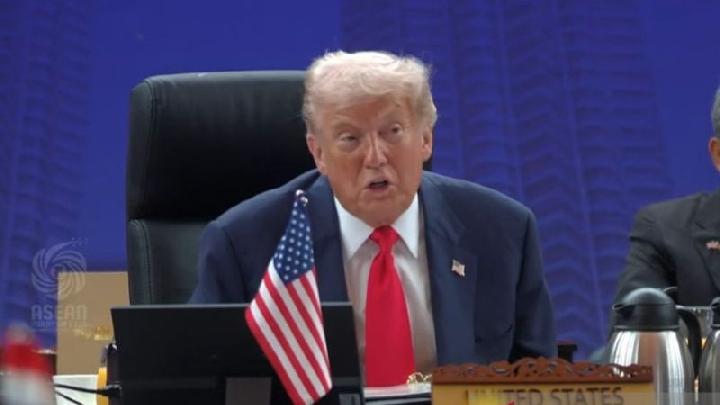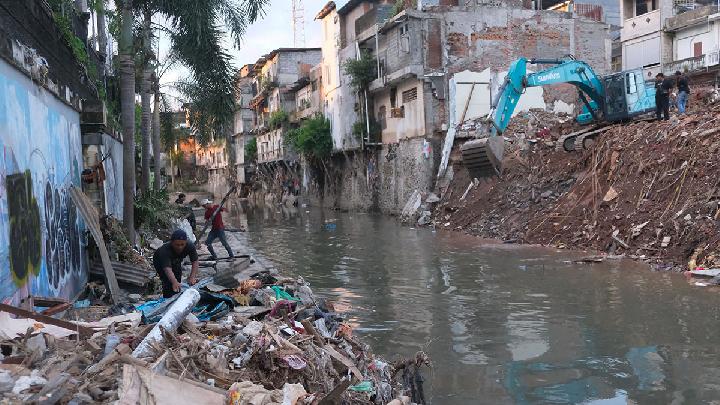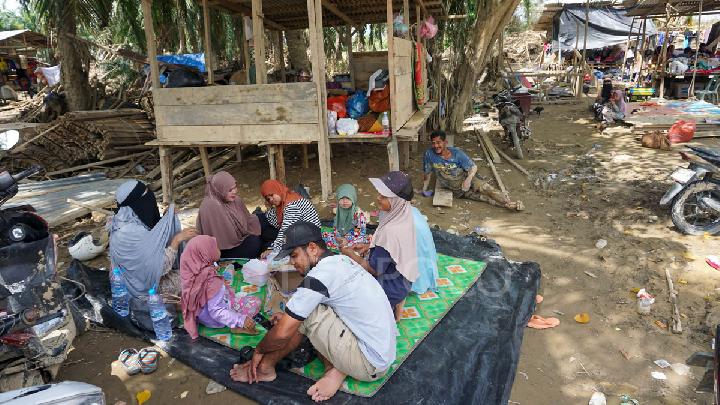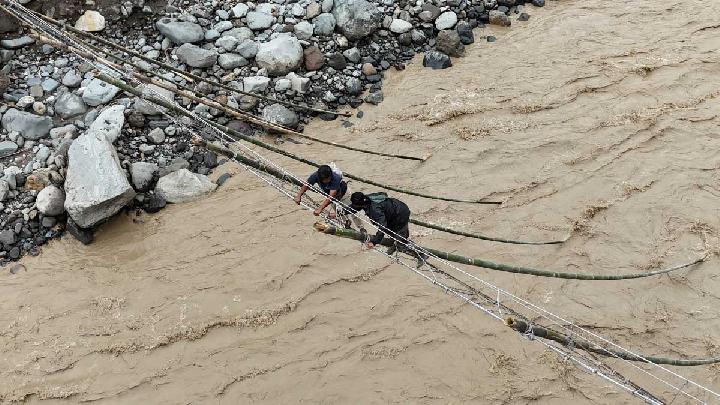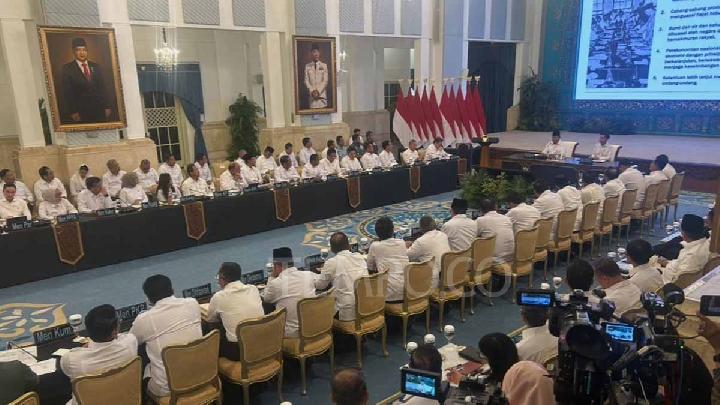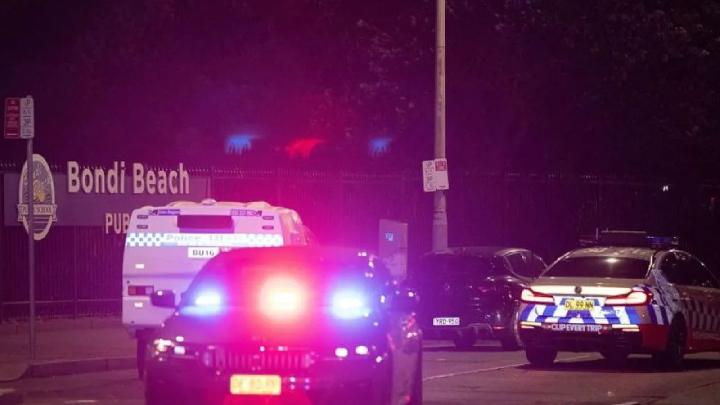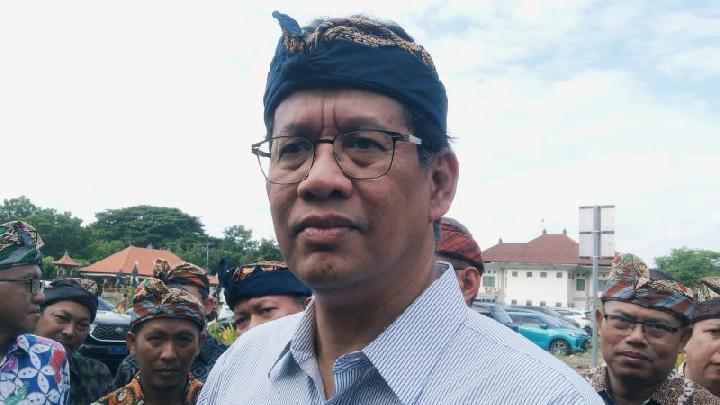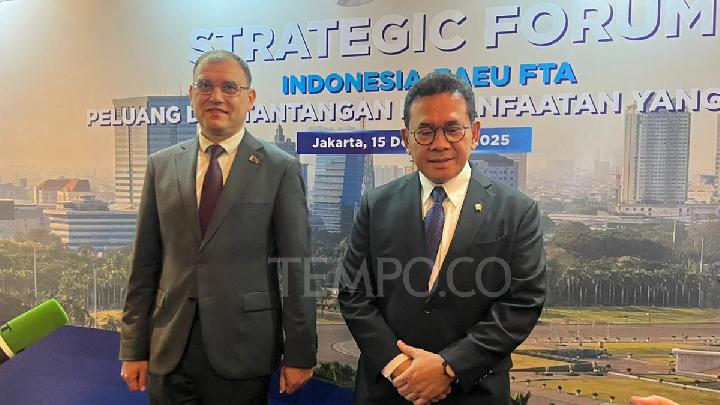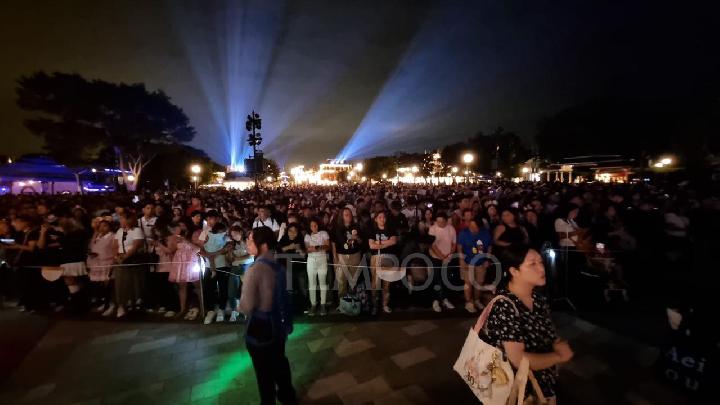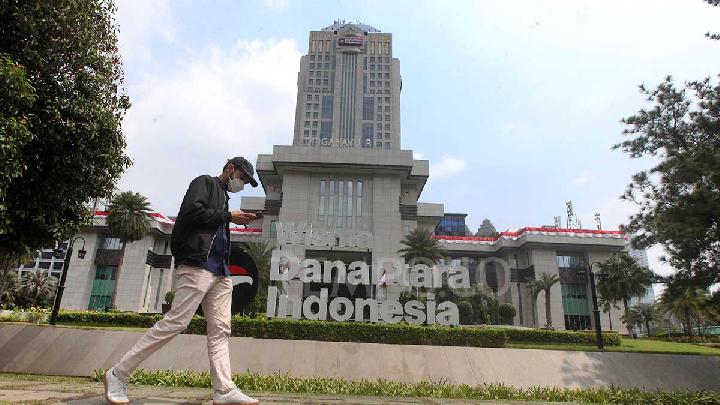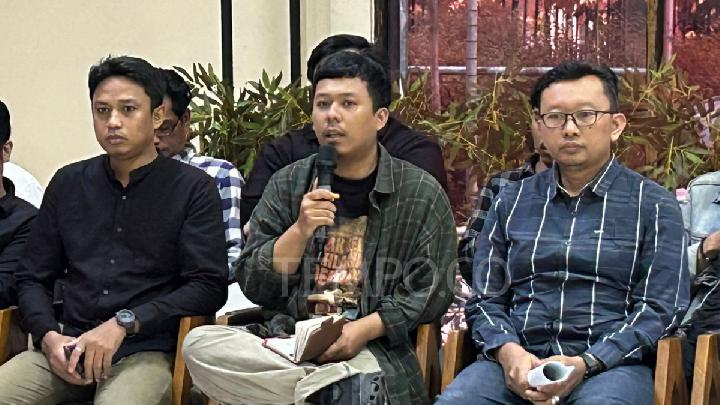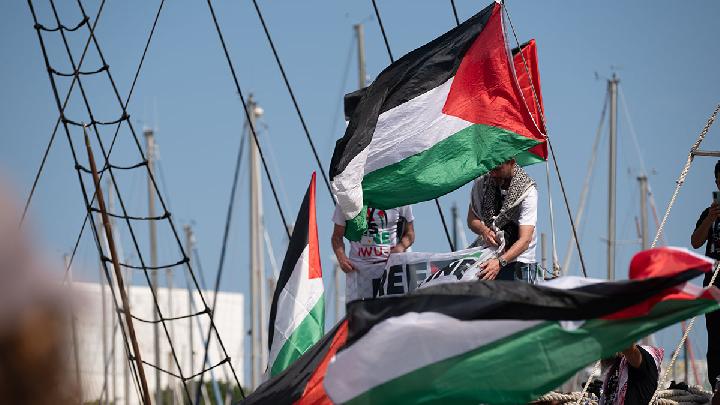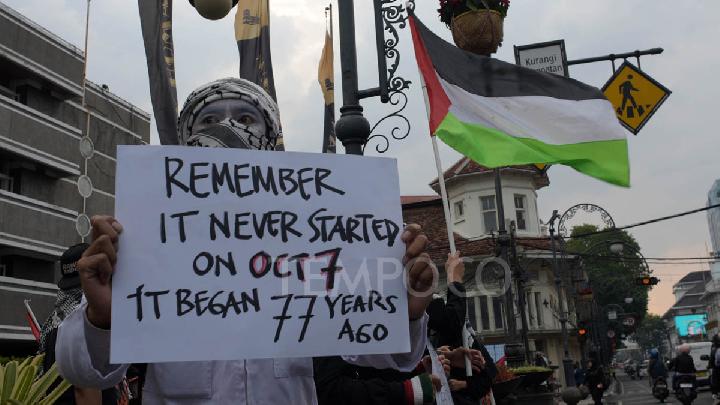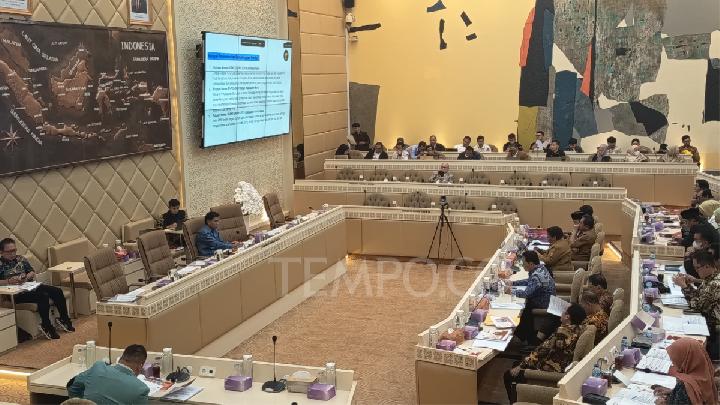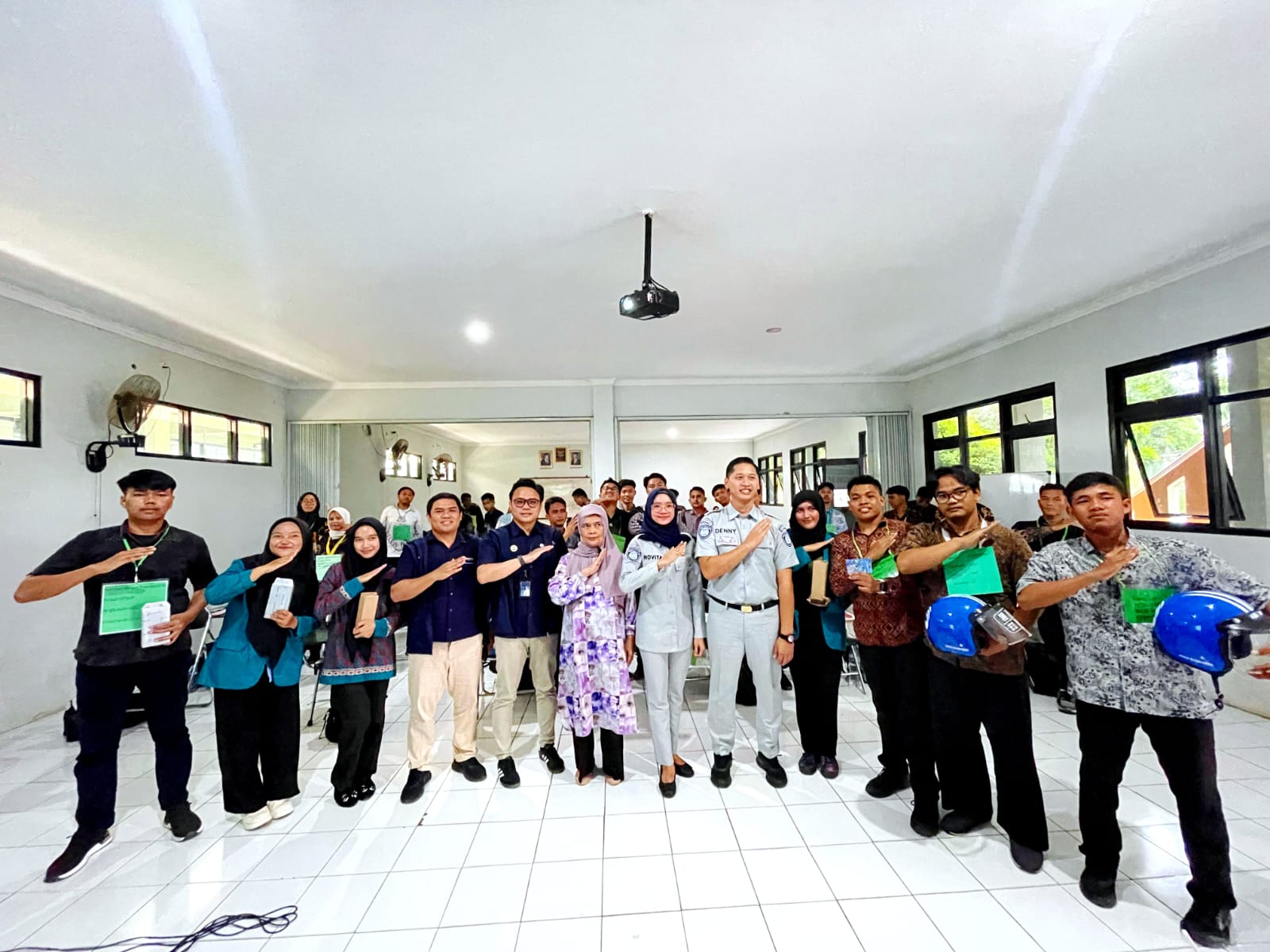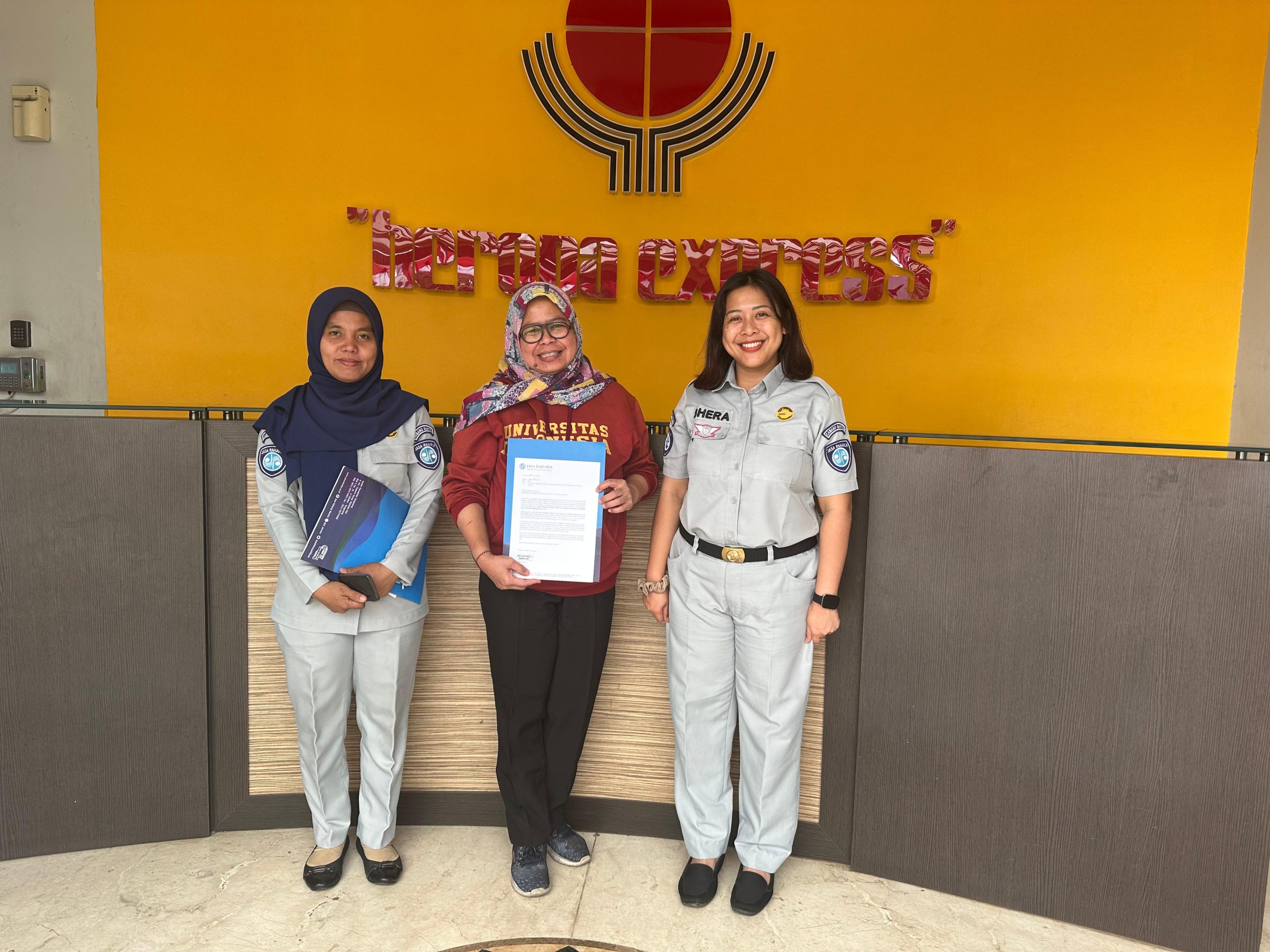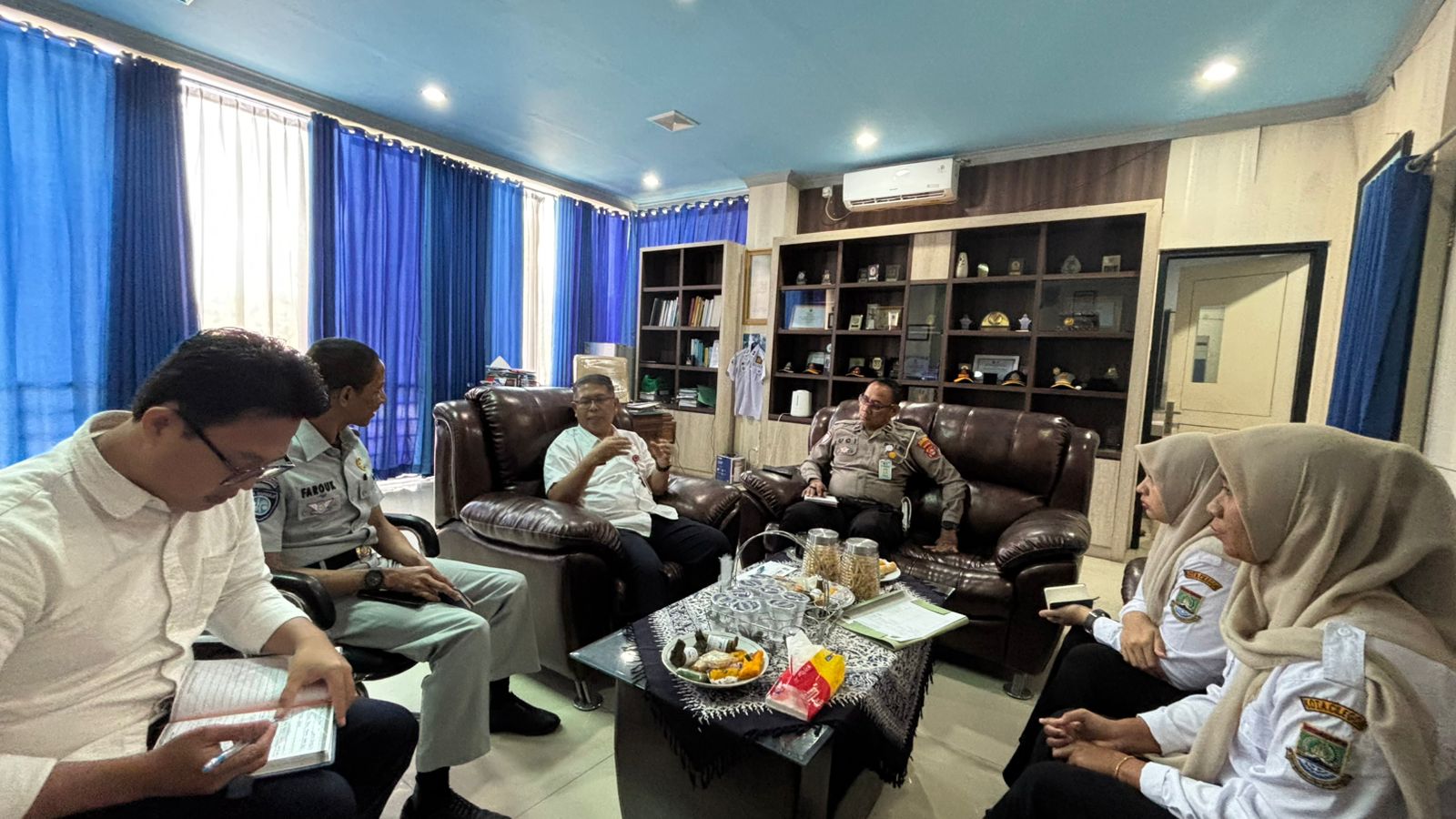September 9, 2025 | 11:15 am
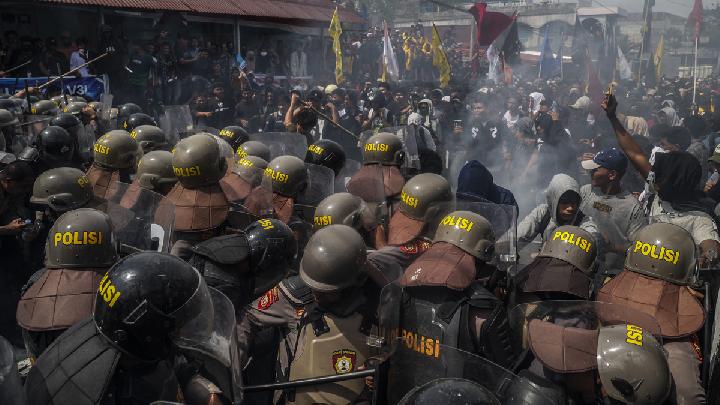
By Fachrizal Afandi, Universitas Brawijaya, Indonesia.
Police violence again shocked Indonesia when Affan Kurniawan, a 21-year-old ride-hailing driver, was killed in Jakarta. He was not a protester. He was delivering food when a police armoured vehicle hit and crushed him during a demonstration. His death shows how police brutality persists in Indonesia because the law does not give citizens enough remedies for police excesses.
President Prabowo Subianto gave condolences and ordered an investigation. He did not dismiss the national police chief. By staying silent on leadership responsibility, he showed how strong the police are in Indonesian politics. The President chose to maintain police impunity and avoided confronting the institution. The public saw this as a lack of courage and lost trust in the government’s promise of justice. The president’s words triggered more violence because he promised a promotion to injured police officers.
The tragedy did not stop with Affan. After his death, protests spread across Indonesia. Police used tear gas near campuses in Bandung and injured students. Three people were also killed in Makassar. Human rights groups said more people died or went missing. Police made new victims instead of protecting the people. Police also arrested NGO leaders. They arrested Delpedro Marhaen, director of the Lokataru Foundation. They said he incited protests. Police also arrested members of Gejayan Memanggil, a student group. Authorities said they wanted to maintain order. The pattern showed how police not only used force on the streets but also restricted civil society through criminal charges.
This was not the first time excessive police force had killed many people. The use of excessive force was rampant, says Amnesty International.
In October 2022, police action sparked the Kanjuruhan Stadium tragedy. Police fired tear gas inside the stadium. Chaos followed. At least 135 people died. Many were children. Investigations confirmed that the police ignored international safety standards. Yet, accountability stopped at lower levels, while senior officers remained in office. The lesson was not learned. Police repeated the same mistakes again.
The real issue is structural. Since 1981, the Indonesian Code of Criminal Procedure, known as KUHAP, has followed a model called functional differentiation. It separates the tasks of police, prosecutors, and judges. On paper, this looks normatively correct. In practice, it places the police in the most dominant position. The police handle investigations with little oversight from prosecutors and courts. They decide who to arrest, how to question, and when to stop or continue a case. By the time prosecutors or judges become involved, much damage can already be done.
In democratic countries, freedom cannot be taken without judicial oversight. Most democracies require police to bring suspects before a judge within 24 to 48 hours. Courts must give permission for longer detention. In authoritarian regimes, police can hold people much longer without producing them before any judge or allowing access to a lawyer. The difference is clear: democracies protect liberty with strong judicial review. In Indonesia, the police act like judges in the early stages.
Victims, whether protesters or ordinary citizens like Affan, cannot find an effective institution to stop abuse. This weakens the rule of law. It creates a situation closer to a police state, where police power is stronger than courts or the constitution. The draft KUHAP 2025 repeats the same mistake. It continues to give the police control at the start of every case. If lawmakers approve it, Indonesia will strengthen a system that favours police power over citizens’ rights. That system risks turning our democracy into a police state.
Other regions show similar risks. In Brazil, Mexico, and Argentina, police grew strong under authoritarian rule. They carried abusive habits into democratic times. Politicians feared reform because police resisted change, and reform gave no immediate reward. Only when citizens united and pushed hard did governments take action. Indonesia faces the same challenge. Leaders apologize, promise investigations, but avoid the real step of reform.
Reform is urgent. Lawmakers must revise KUHAP so prosecutors guide investigations from the beginning and judges quickly review arrests and other coercive measures. Citizens must get legal aid at once. Police must act as civilians serving civilians, not as soldiers facing enemies. Recruitment must focus on integrity and empathy, and training must stress human rights, negotiation, and safe crowd control. Every death caused by police must trigger an independent inquiry. Commanders must accept responsibility, and leaders should resign when their units fail.
As criminologist Richard Quinney explained in The Social Reality of Crime (1970), law often serves the powerful, not the people. Ruling groups define crime to protect their interests, and police enforce those definitions. Reform in Indonesia must therefore address the political power behind policing, not just technical procedures. Without this, the police will continue to act as defenders of the regime instead of protectors of society.
Affan’s death should have opened the way to reform. Instead, new victims appeared and activists faced arrest. The Kanjuruhan tragedy had already shown that police failed to protect citizens, yet reform never followed. The cycle repeats itself, showing a system that protects itself instead of the people. Indonesia claims to be a state based on the rule of law of law. But KUHAP puts police above prosecutors and courts, giving them the power of judges. This undermines democracy and leaves citizens open to abuse.
The President and lawmakers must choose: protect police power, or reform to protect the people. Affan’s death, the Kanjuruhan victims, and the arrests of civil society activists remind us that law must serve citizens, not rulers. If we ignore this, more innocent lives will be lost. If we act, we can build a police institution that respects rights and supports democracy. Only then can Indonesia become a true rule-of-law state.
Originally published under Creative Commons by 360info™.
*) DISCLAIMER
Articles published in the “Your Views & Stories” section of en.tempo.co website are personal opinions written by third parties, and cannot be related or attributed to en.tempo.co’s official stance.
Sri Mulyani's Controversial Statements Before Being Replaced by Prabowo
46 menit lalu
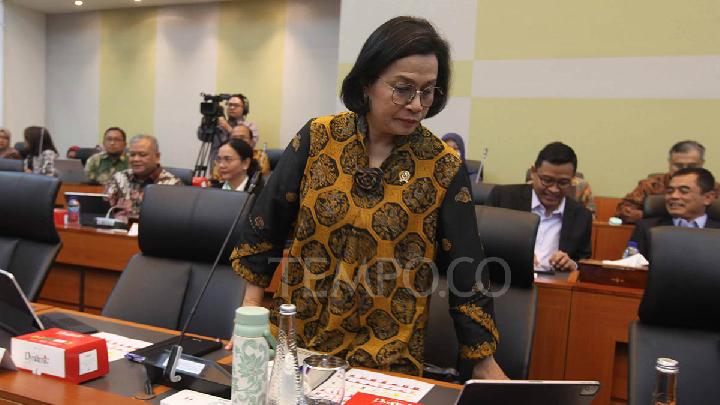
Indonesia's Ex-Finance Minister Sri Mulyani has become the target of public anger after making several controversial statements. What are they?
Prabowo Plans to Expand Indonesian Military Involvement Beyond Defense Matters
1 jam lalu
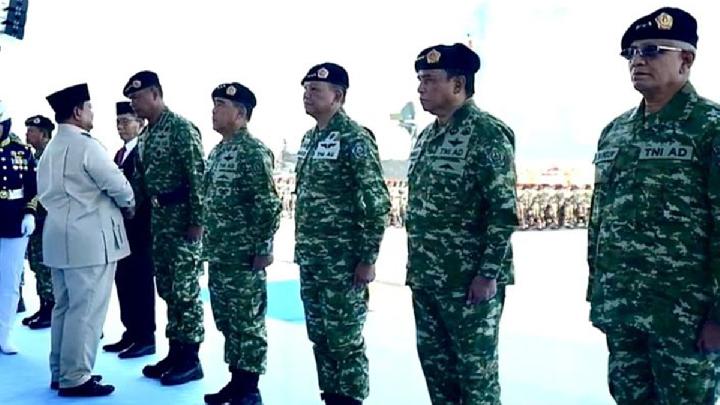
Indonesian President Prabowo wants the military to be involved in non-defense matters, one of which is handling food security.
Nepal Police Kill Several People at 'Gen Z' Protest
2 jam lalu

Multiple people have died in Nepal after police fired live rounds having been unable to hold back the crowds with tear gas and water cannon.
Sri Mulyani's Replacement as Indonesian Finance Minister Repeatedly Served Under Luhut
2 jam lalu
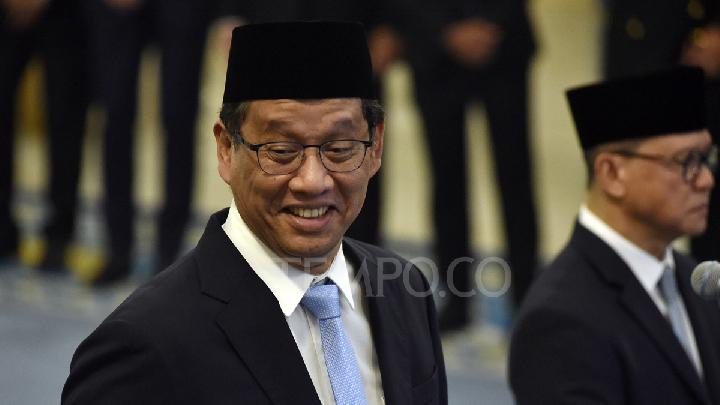
Indonesian President Prabowo Subianto appoints Purbaya Yudhi Sadewa as the new finance minister, replacing Sri Mulyani in the cabinet reshuffle.
Indonesian Military Clarifies Allegations of Involvement in August Demonstrations
3 jam lalu
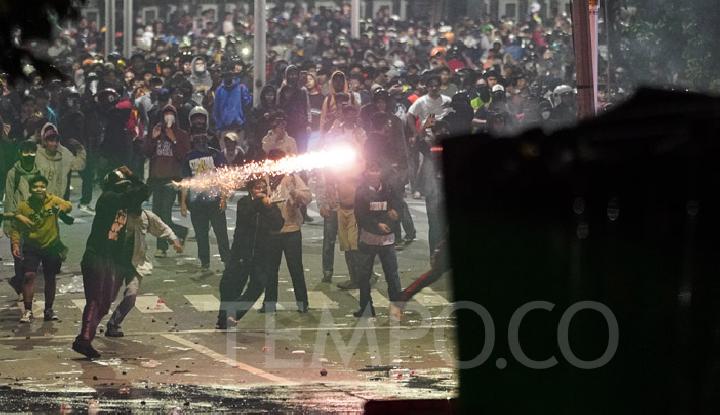
Indonesian Military (TNI) clarifies news reports that mention allegations of soldier involvement in the riots during the demonstrations last August.
Facts About Prabowo's Cabinet Reshuffle
4 jam lalu
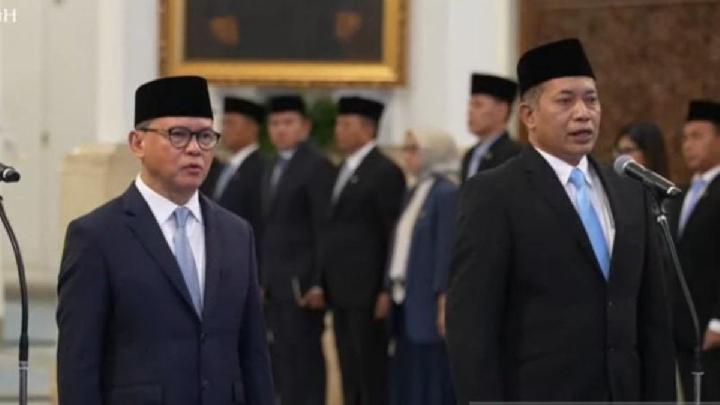
Here are the facts about the recent cabinet reshuffle by Indonesian President Prabowo and the appointment of new ministers in his administration.
Indonesia vs Lebanon Ends in Stalemate: 0-0 Final Score
11 jam lalu

The Indonesian national team failed to score despite dominating possession throughout the match.
New Finance Minister Purbaya Claims Confidence in Improving Indonesia's Economy
14 jam lalu
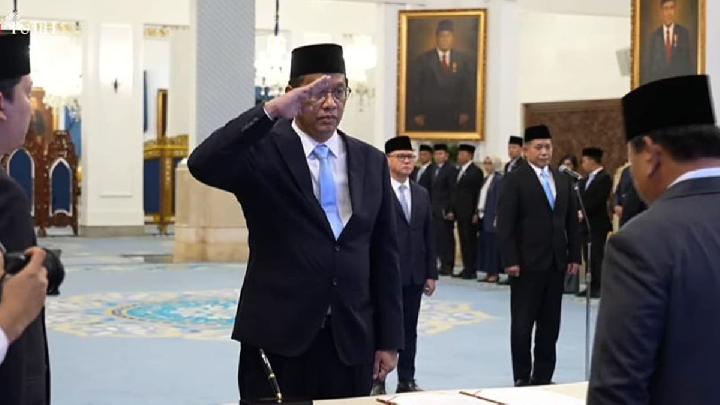
Purbaya mentioned that President Prabowo instructed him to boost economic growth to 8 percent within 100 working days.
Ministry: No TNI Takeover in Protest Handling, Deployment Only to Support Police Forces
14 jam lalu
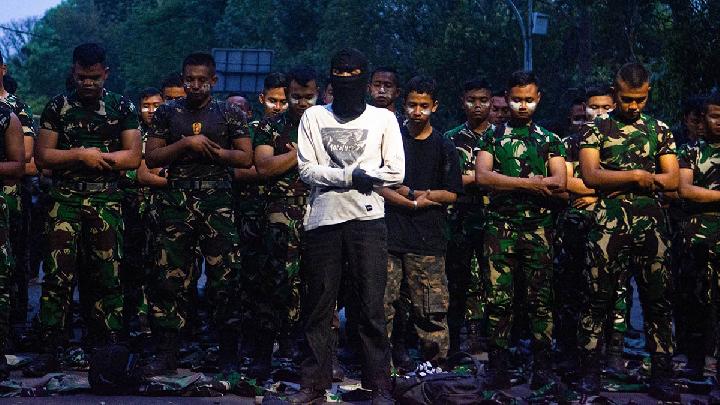
Despite the involvement of the Indonesian military in the field, the command of handling the protests is said to remain in the hands of the police.
TNI Cyber Unit Suspects Influencer Ferry Irwandi of Criminal Act
14 jam lalu

TNI Cyber Unit has consulted with the Jakarta Metropolitan Police about alleged criminal acts by influencer Ferry Irwandi.

